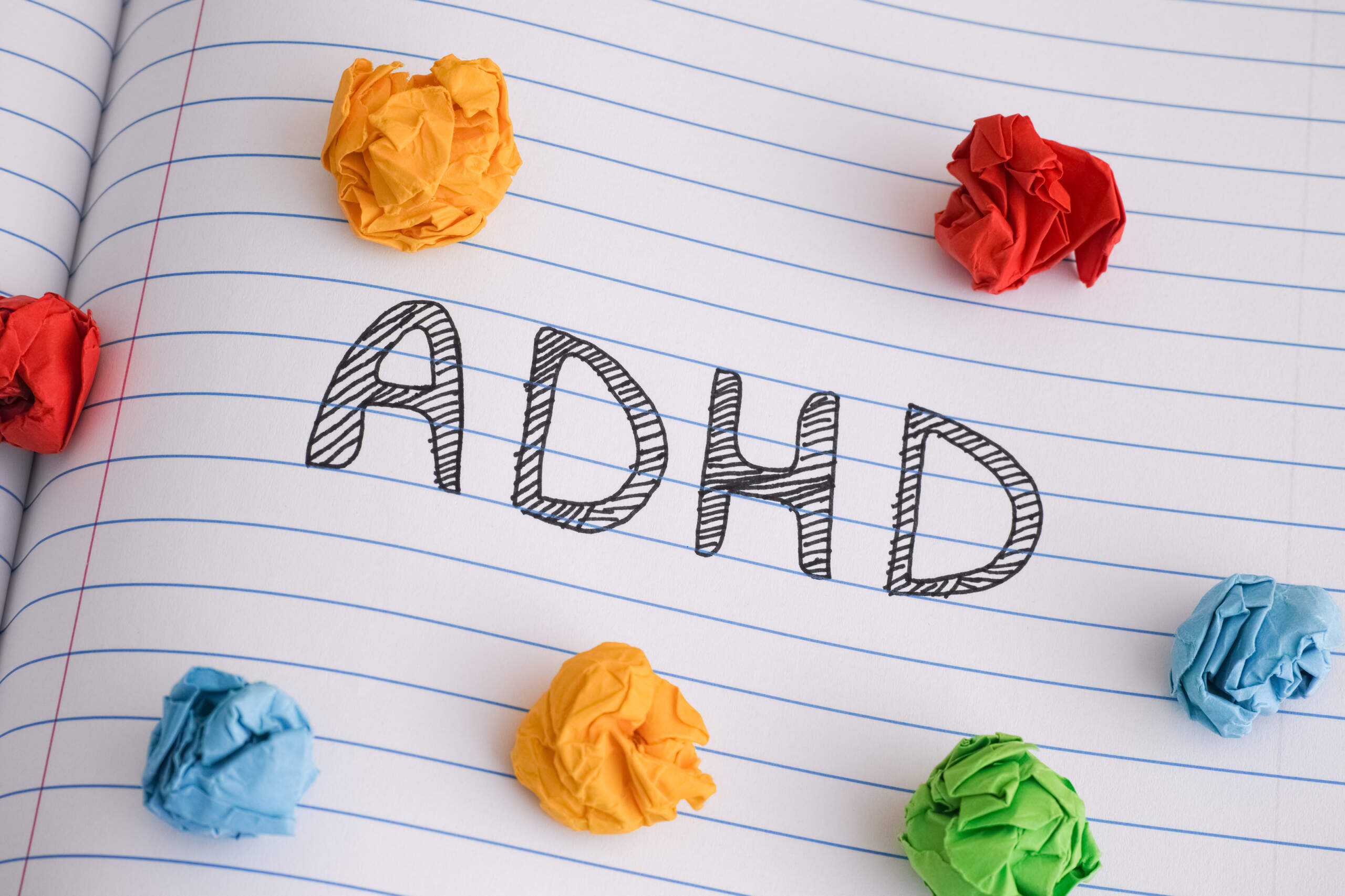Reviewing treatment options for ADHD can feel overwhelming at first, but understanding what’s available can make the journey much clearer. ADHD affects attention, behavior, and day-to-day functioning, yet many effective strategies exist to help manage symptoms. From medication to therapeutic approaches and behavioral coaching, the right combination can significantly improve focus, emotional regulation, and overall well-being. With proper guidance and support, individuals with ADHD can build routines, strengthen coping skills, and create meaningful improvements in their daily lives.
Prescription Medication
Prescription medication is often the first step taken to treat ADHD, particularly in children. However, there are different types of ADHD medications, and they can affect individuals differently. There are two primary types of ADHD medications: stimulants and nonstimulants.
Stimulants, which are also called central nervous system stimulants, are the most commonly prescribed ADHD medications. These types of medications increase the amount of dopamine and norepinephrine in the brain, which in turn helps improve concentration and focus. There are different types of stimulants available, so it’s important to discuss the options with your doctor.
Nonstimulants are typically prescribed after stimulants have been tried. They’re a great option if stimulants aren’t working for you, or if you’re experiencing side effects. Nonstimulant ADHD medications increase norepinephrine in the brain, which helps improve attention and memory. Again, it’s important to talk to your doctor to find out which one is right for you.
Remember, medication alone may not solve all ADHD difficulties or symptoms. Fortunately, there are other kinds of treatments you can try.
Therapeutic Treatments
Therapeutic treatment options can also help combat ADHD symptoms and effects. Whether your doctor recommends one type of therapy or a combination of different therapies, there can be benefits to working with a therapist to adapt to your “new normal” with ADHD.
Psychotherapy is one therapeutic treatment option to cope with the feelings of living with ADHD. It can help you deal with potential problems with peers and authority figures, and it can teach you how to better handle relationships in your life. Psychotherapy also offers an opportunity to explore ADHD behaviors and learn how to work with them to make better choices. Family psychotherapy can help you and everyone in your life work together through ADHD’s disruptive behaviors.
Behavior therapy is another option. During behavior therapy, you’ll learn how to monitor your own behaviors and change them as needed. You can work independently with a therapist, or you can work with others in your life. Behavior therapy helps you develop strategies to manage your response in certain situations, with feedback, rewards, and other options that support positive behavior.
Support groups can be another therapeutic option. Whether you’re the parent of a child with ADHD or have ADHD yourself, support groups can help you meet others with similar experiences, concerns, and struggles. It’s a great way to build a support network and find new resources and strategies to help cope with ADHD. You can likely find support groups in your local area with an online search.
Behavioral Interventions
Behavioral interventions are a type of treatment that’s similar to behavior therapy, but it’s more like coaching than traditional therapy. Instead of working with a therapist, you’ll work with an ADHD coach – someone who specializes in problem-solving and behavior changes in those with ADHD.
Both adults and children can benefit from ADHD coaching through behavioral intervention. It helps them work with the emotional and psychological aspects of ADHD, and it’s possible to specifically target symptoms and issues caused by ADHD. You can work on exercises that can help with attention issues, low motivation, poor organizational skills, emotional control, and impulsivity.
Do keep in mind that behavioral interventions typically utilize coaches instead of medical experts or therapists. You’ll want to make sure you’re working with someone who specializes in ADHD and vet their experience before beginning this type of treatment.
Finding the Right Path Toward Balance and Focus
Managing ADHD often requires a blended approach tailored to each individual’s needs. Medication can play an important role, but many people benefit just as much from therapy, structured support systems, and targeted behavioral strategies. Working with healthcare professionals, therapists, or ADHD coaches provides valuable tools for improving focus, organization, emotional control, and communication. These interventions also help create long-term habits that support greater confidence and independence.
Equally important is building a strong support network — whether through family involvement, peer groups, or community resources. ADHD is highly manageable when you have the right plan and team in place. By staying open to various treatment options and adjusting them over time, individuals can find a path that leads to greater stability, productivity, and personal growth.
